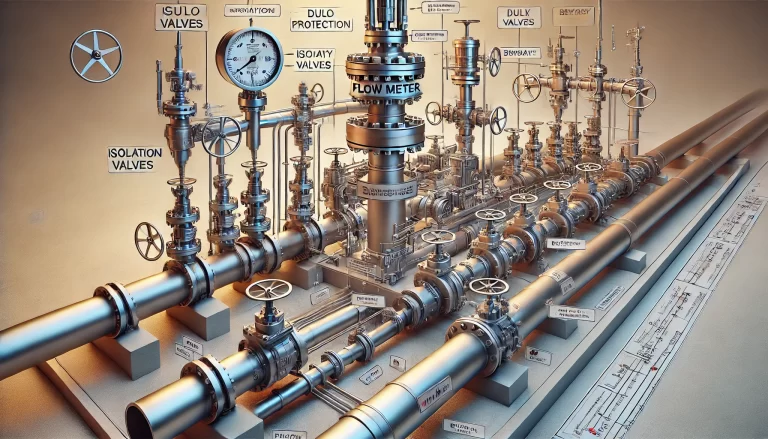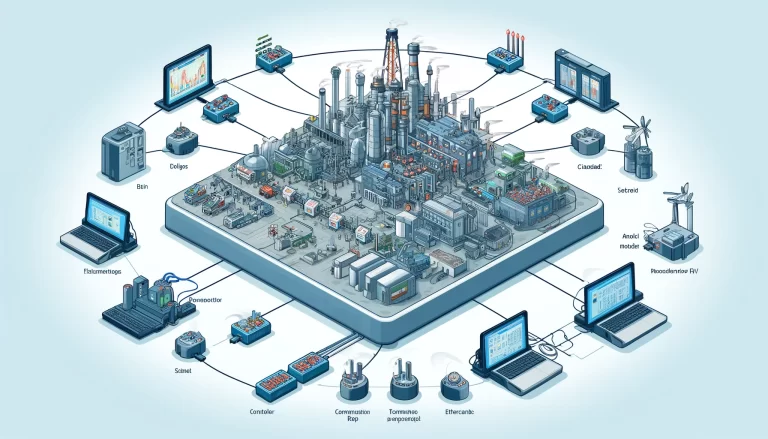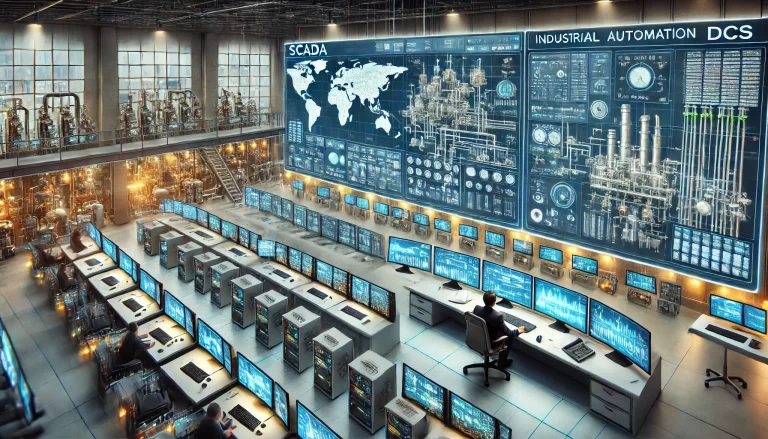In modern manufacturing environments, particularly within the scope of Industry 4.0, smart transmitters are crucial for achieving higher levels of automation. These devices provide real-time monitoring, diagnostics, and control, making them indispensable for ensuring operational efficiency and system reliability. By incorporating predictive maintenance features, smart transmitters can anticipate potential failures and schedule maintenance activities before issues occur, reducing downtime and improving overall productivity.

Smart transmitters often support modularity, enabling factories to integrate them with existing systems without major overhauls. This feature is particularly important in legacy systems where upgrading to more modern equipment might be costly. By using smart transmitters, companies can prolong the lifespan of their current infrastructure while still benefiting from the advancements in automation technology.
The reliance on low-power components ensures that smart transmitters remain efficient, even in systems where power availability is limited. This low power consumption is achieved through careful circuit design and the selection of components that are optimized for energy efficiency. The ability to operate within a limited power budget while maintaining high functionality is a testament to the advancements in semiconductor technology.

Another notable advantage of smart transmitters is their ability to store and recall data. This functionality enables enhanced process control, as the transmitter can dynamically adjust to changing conditions based on historical data. This adaptability is particularly useful in industries where environmental conditions, such as temperature or humidity, can fluctuate and impact sensor performance.
The future of smart transmitter development will likely see further advancements in artificial intelligence (AI) integration, allowing these devices to learn from historical data and improve decision-making over time. This would further enhance their role in predictive maintenance and overall system optimization.

In conclusion, smart transmitters represent a significant leap forward in industrial automation, offering improved functionality, reliability, and energy efficiency, all while supporting the broader goals of Industry 4.0.
